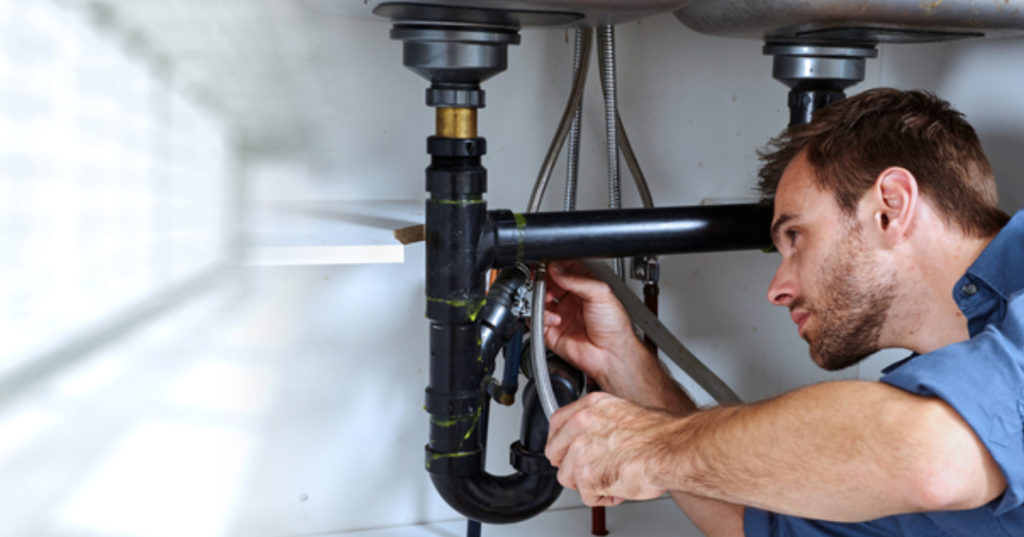Establish Phase Budgets
Measure your financial performance regularly by breaking your projects total plumbing budget into shorter intervals or bodies of work (phases).
By tracking all incoming project expenses against these phase budgets, over runs can be caught earlier, giving you an opportunity to try and recoup as the project progresses.
This is a key element to plugging leaks as it will identify specifically where they are happening.
Manage Scope Creep
With the initial phase budgets set now it’s time to manage it. Changes on a project are unavoidable but scope creep refers to uncontrolled growth or changes in the scope of a project.
Establish a known company communication process and ensure your team are very skilled in this area. This is essential for adjusting budgets and a clear communication channel can keep the project moving forward.
Track Staff Time
In most plumbing companies, your team is your most valuable asset.
It is difficult to know how profitable projects are without knowing where their time is allocated. Again, allocating time to smaller phase budgets will give you great data when a similar task shows up again on another project.
With the right software, time tracking is nearly effortless. After implementing practices for tracking time, many plumbing companies discover that seemingly profitable phases are not. Tracking staff time is often a missing ingredient in creating realistic project budgets.
Have a Project Post Mortem
A good idea for any plumbing company is analysing what worked and what didn’t after the fact. This process will give you insight not only for this project but for future ones too.
This knowledge will be especially helpful if you intend to do additional work with the same team, client, and project manager. Again, breaking this action into phases or milestones can be especially useful.



